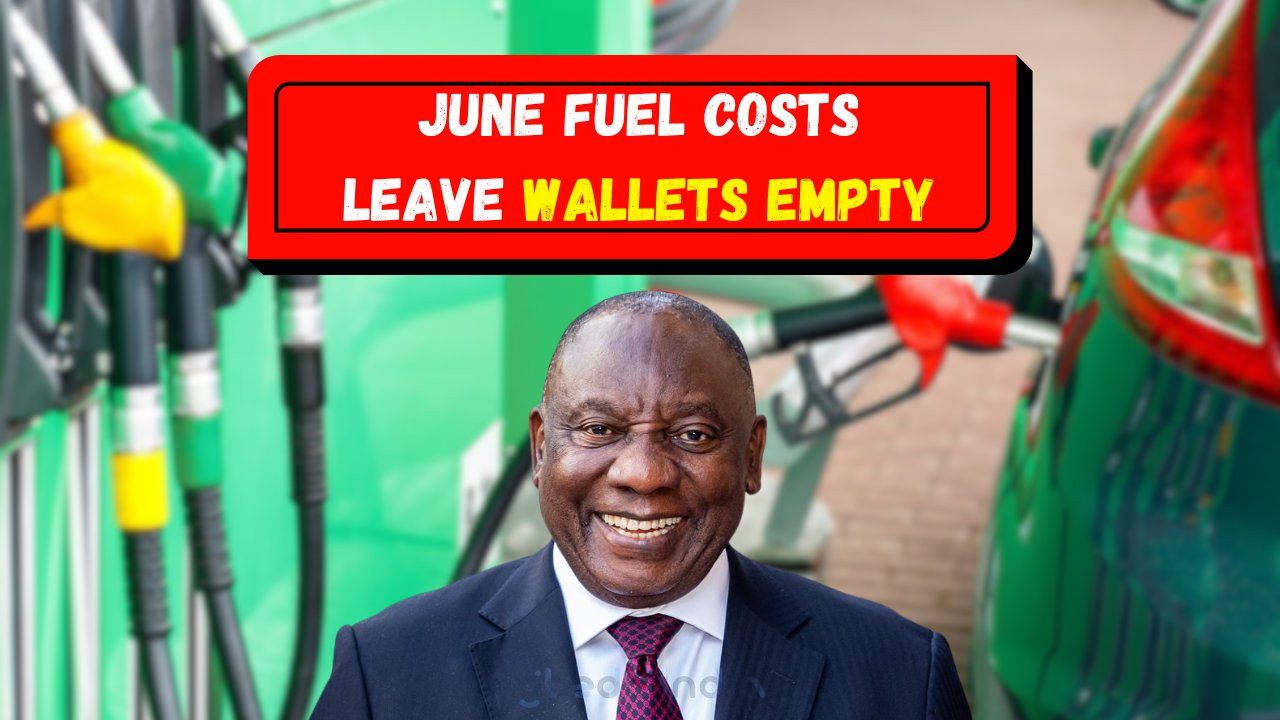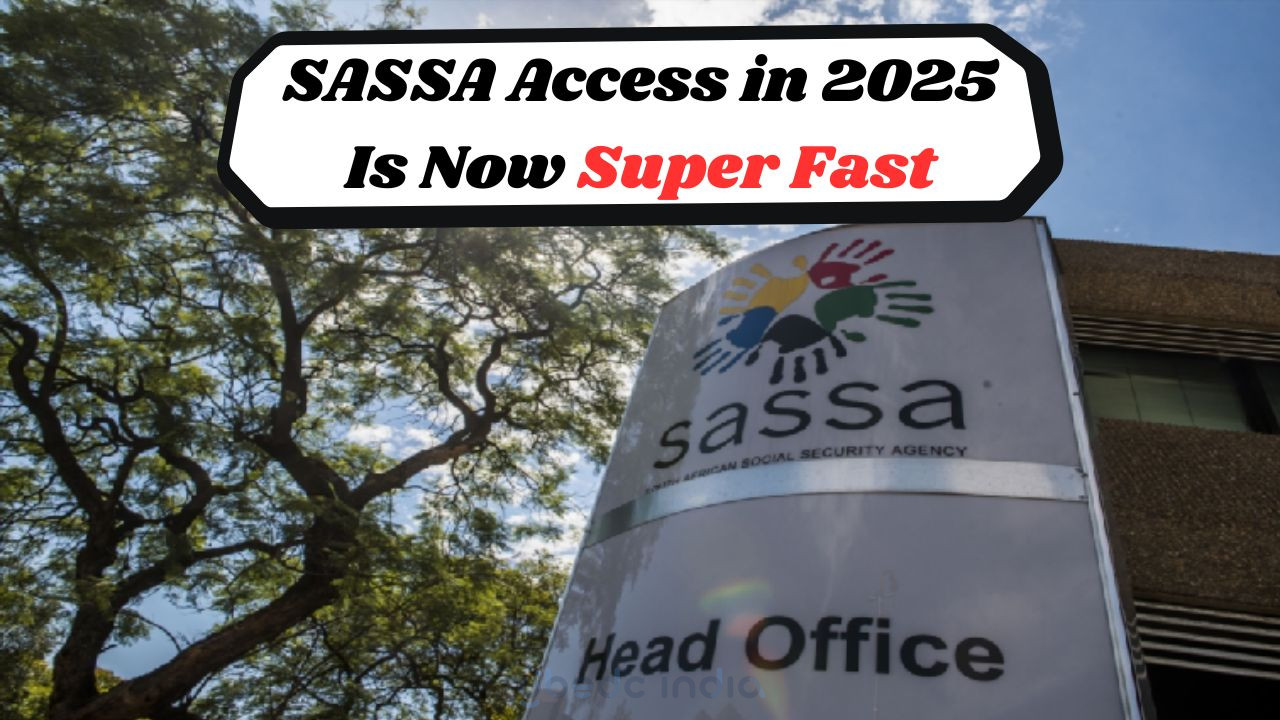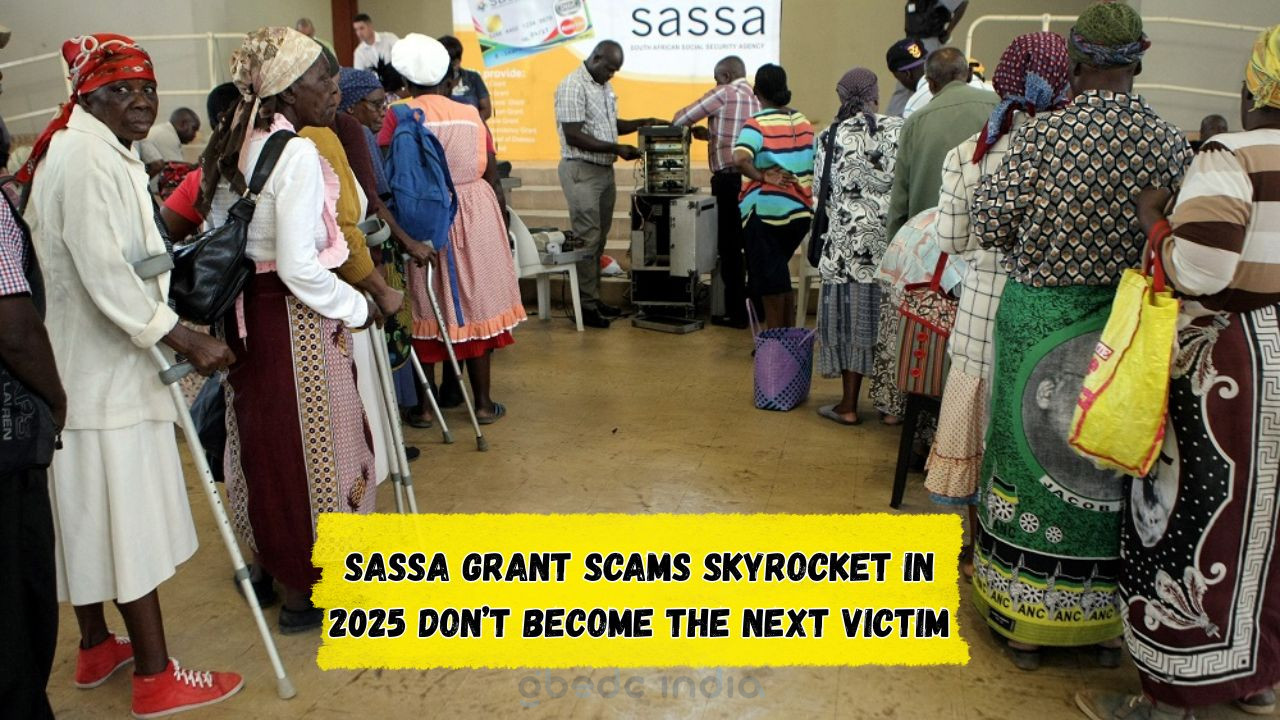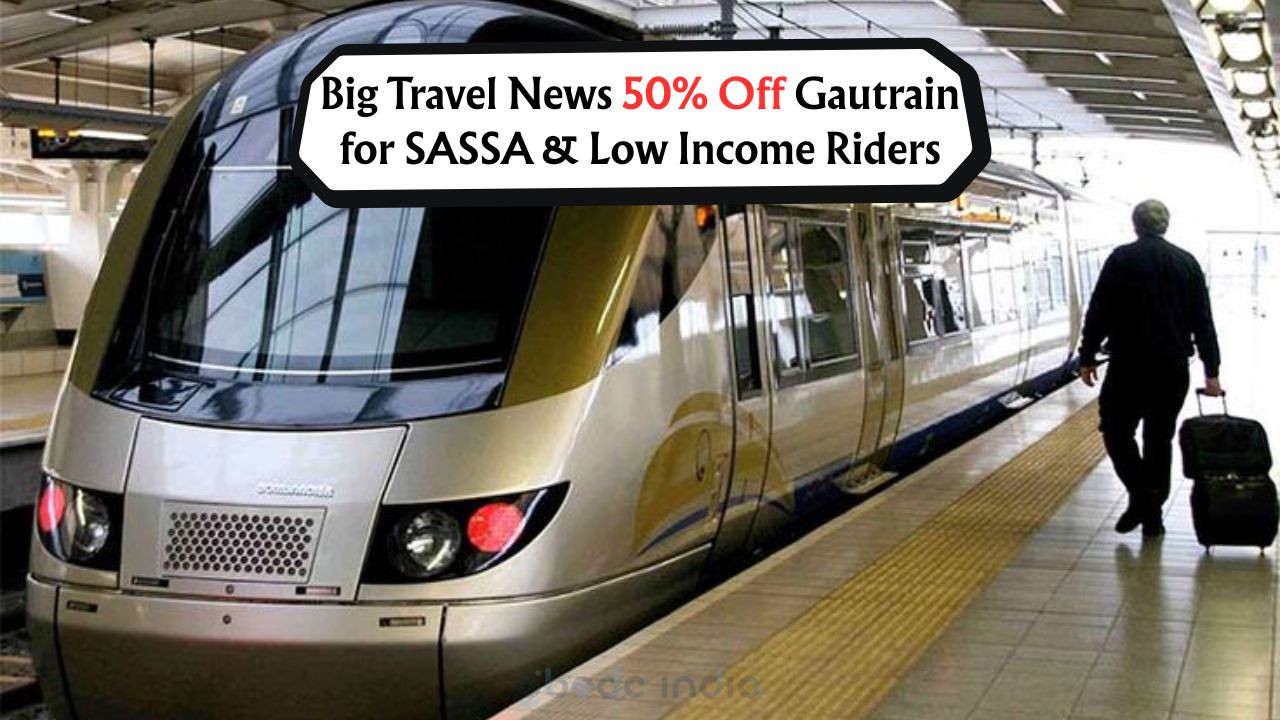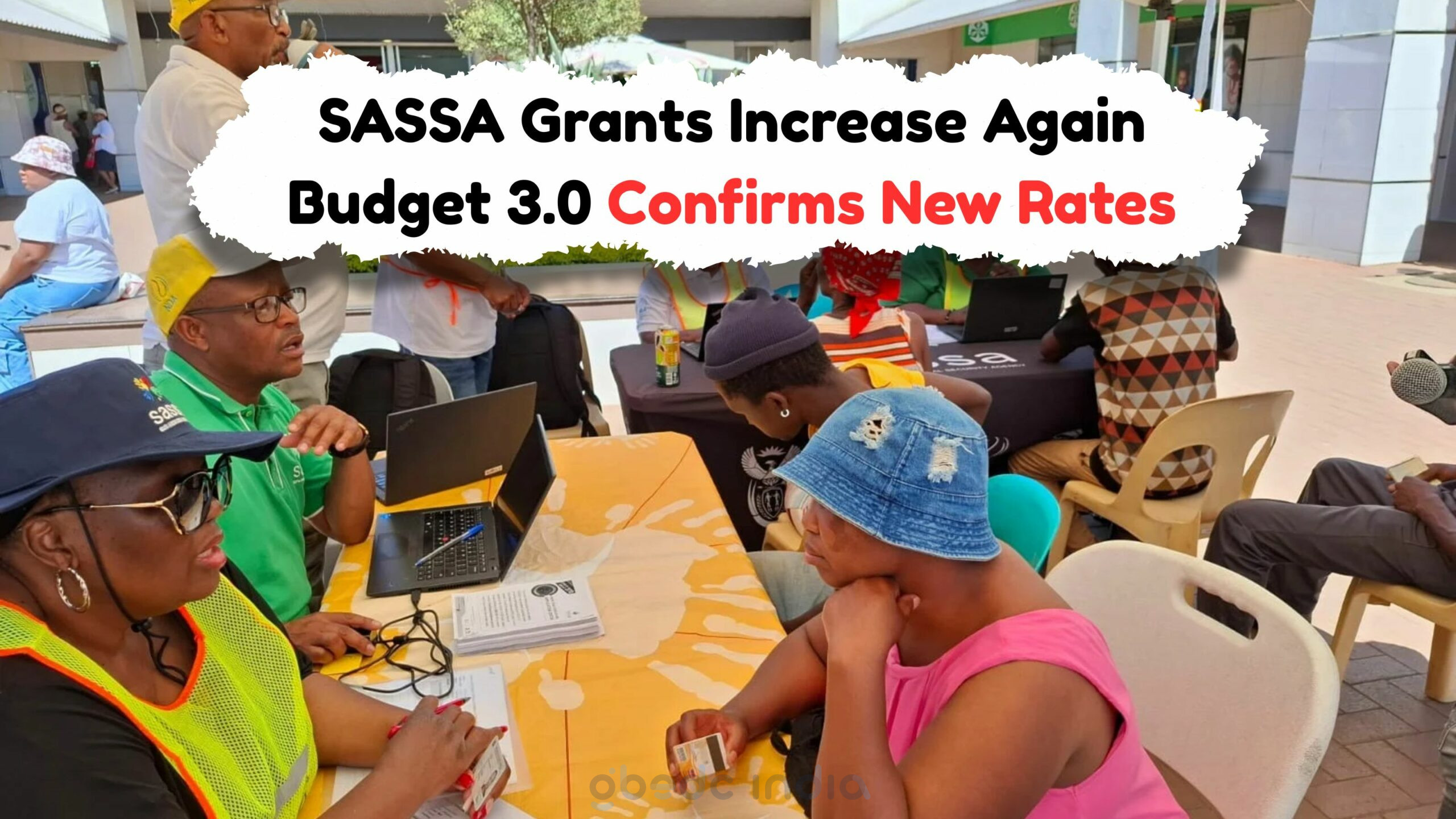South African motorists face a major impact: June has marked a significant turning point for South African motorists as they grapple with the largest fuel price surge in years. This increase has left many drivers in a state of financial strain, prompting a ripple effect across various sectors. With petrol and diesel prices reaching unprecedented levels, the impact on everyday life is evident. Commuters and transport businesses alike are feeling the pinch, with the cost of goods and services inevitably rising as a result.
Fuel Price Surge and Its Impacts
The increase in fuel prices has not only affected individual drivers but also has profound implications for the broader economy. The transport sector, which is heavily reliant on diesel, faces mounting operational costs, leading to increased fares and freight charges. This is likely to affect the pricing of daily essentials, thereby impacting South African households.
Key Factors behind the Surge
- Global oil price fluctuations
- Instability in international markets
- Local currency depreciation
- Government levies and taxes
- Supply chain disruptions
- Geopolitical tensions
Each of these factors has contributed to the upward pressure on fuel prices, creating a challenging environment for both consumers and businesses.
Economic Ramifications of Rising Fuel Costs
The economic consequences of soaring fuel prices are multi-faceted. As costs escalate, disposable incomes are squeezed, reducing consumer spending power. This, in turn, can lead to a slowdown in economic growth, as the purchasing power of the average South African is diminished.
Moreover, the agricultural sector, which is crucial to South Africa’s economy, faces increased production costs, likely leading to higher food prices. With transportation being a key component of the supply chain, the fuel price hike is expected to affect both the availability and cost of agricultural produce.
| Month | Petrol Increase (R/L) | Diesel Increase (R/L) | Inflation Impact (%) | Consumer Spending Impact (%) |
|---|---|---|---|---|
| April | 1.20 | 1.05 | 0.5 | -0.3 |
| May | 1.50 | 1.25 | 0.7 | -0.5 |
| June | 2.00 | 1.80 | 1.0 | -0.8 |
| July | 1.80 | 1.60 | 0.9 | -0.7 |
| August | 1.70 | 1.50 | 0.8 | -0.6 |
| September | 1.50 | 1.30 | 0.6 | -0.4 |
| October | 1.30 | 1.10 | 0.4 | -0.2 |
| November | 1.20 | 1.00 | 0.3 | -0.1 |
Strategies for Coping with Fuel Price Increases
Adaptation strategies are crucial for mitigating the impact of rising fuel prices. Motorists are encouraged to adopt fuel-efficient driving techniques and consider carpooling or public transportation options where feasible. Additionally, maintaining vehicles in optimal condition can enhance fuel efficiency.
Fuel-Saving Tips
- Regular maintenance checks
- Correct tire inflation
- Efficient route planning
- Avoiding excessive idling
- Using air conditioning sparingly
These practical measures can help alleviate the financial burden of increasing fuel prices on individual budgets.
Government Initiatives and Public Response
The South African government is exploring various measures to address the situation, including potential subsidies and reviewing tax structures related to fuel. These interventions aim to provide some relief to consumers and stabilize the market.
Public sentiment, however, remains mixed. While some appreciate the government’s efforts, others call for more substantial reforms to tackle systemic issues contributing to fuel price volatility. Community leaders and activists continue to advocate for transparency and accountability in the pricing mechanism.
- Public Awareness Campaigns
- Educational workshops
- Policy Reviews
- Stakeholder consultations
- Community Engagement
Future Outlook on Fuel Prices
Looking ahead, the trajectory of fuel prices will depend on a complex interplay of global and local factors. Analysts predict that while some relief may be possible in the short term, the volatility is likely to persist.
- Monitoring global oil markets
- Strengthening local currency
- Implementing sustainable energy solutions
- Enhancing local production capacities
- Fostering regional cooperation
- Investing in renewable energy
Consumer Advice and Support
Consumers are advised to stay informed about fuel price trends and consider future-proofing their budgets against potential hikes. Financial planning and adopting energy-efficient practices can help mitigate the impact of rising costs.
| Month | Forecasted Petrol Price (R/L) | Forecasted Diesel Price (R/L) | Expected Inflation (%) | Projected Consumer Impact (%) |
|---|---|---|---|---|
| December | 1.10 | 0.90 | 0.2 | -0.1 |
| January | 1.00 | 0.85 | 0.1 | 0.0 |
| February | 0.95 | 0.80 | 0.0 | 0.1 |
| March | 0.90 | 0.75 | -0.1 | 0.2 |
| April | 0.85 | 0.70 | -0.2 | 0.3 |
| May | 0.80 | 0.65 | -0.3 | 0.4 |
Additional Resources
South African Fuel Economy Council
National Department of EnergyVisit Website
Automobile Association of South AfricaVisit Website
Consumer Protection OfficeContact: 0800 123 456
Business Unity South Africa
FAQ Section
What are the main reasons for the fuel price increase in South Africa?
Global oil prices, currency fluctuations, and government levies are major contributors.
How can consumers mitigate the impact of rising fuel costs?
Adopt fuel-saving practices, consider public transport, and maintain vehicles efficiently.
Will the fuel prices stabilize soon?
While short-term relief is possible, long-term stability depends on global market conditions.
What steps is the government taking to address fuel price issues?
Exploring subsidies and reviewing tax structures are among the initiatives.
Departmental Contact Details
Department of Energy – South Africa
Email: [email protected]
Helpline: 0800 123 456
Website: www.energy.gov.za
